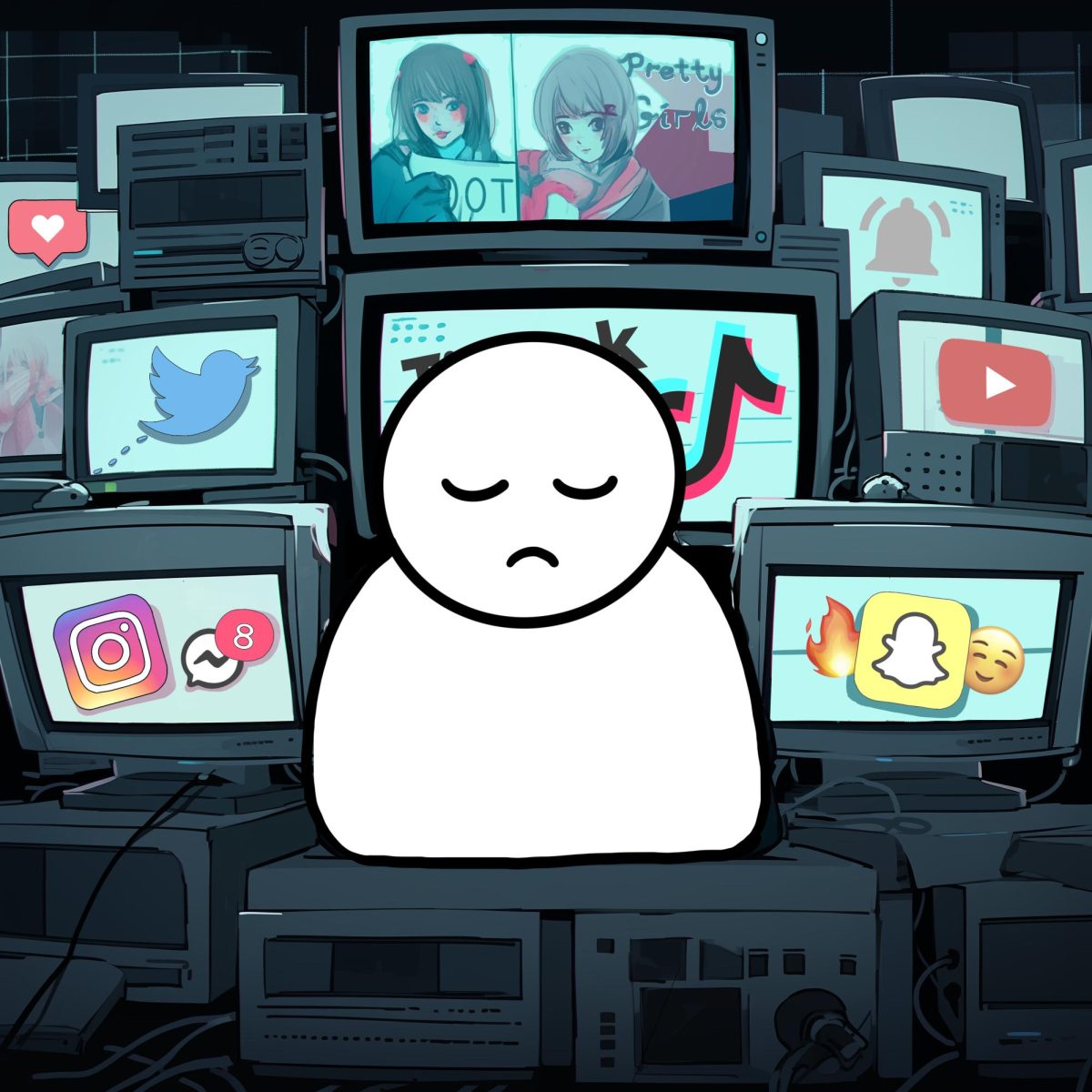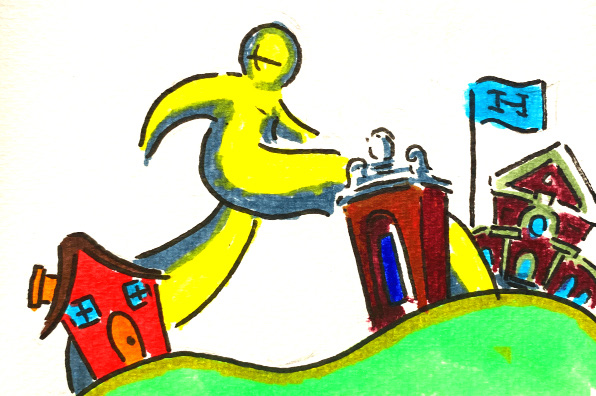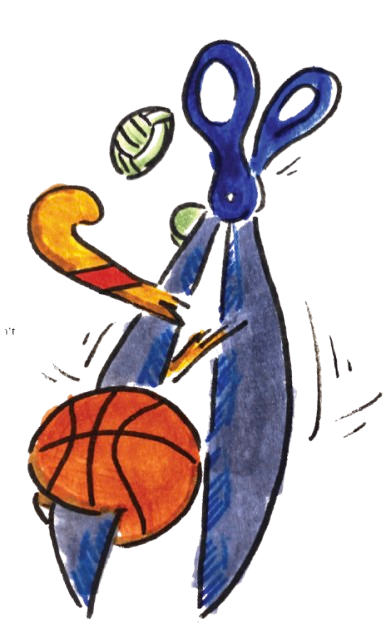In the wake of the most recent All-School speaker’s warnings about social media, I felt morally obliged to help The Record jump aboard this anti-technology train. To start, let me make my opinion clear: social media is a superficial platform for social validation and that we should all stop funneling money into Mark Zuckerberg’s already-too-deep pockets.
But we all know this. Anyone who has been on the internet—or taken a Human Development course, for that matter—knows that social media is bad for you. Excessive use has been linked to depression, anxiety, decreasing attention spans, insomnia, cyberbullying, and virtually any other form of mental/physical degradation you can think of.
But like addicts hooked on a lethal drug, we continue to waste a significant portion of our day plugged into these platforms. This piece is less “me-expressing-my-opinion” and more “me-trying-to-persuade-you” to act upon what you already know.
The primary business model for these companies is contingent upon creating addiction. It’s simple: the more time you spend on your phone, the more money they make. By compromising your own well-being, you’re ensuring that social media tycoons maintain billions of dollars in profit. These companies are intentionally preying on your psychological vulnerabilities to maximize both your addiction and their revenues.
One of the first weaknesses they exploit is our craving for validation by others. Psychologist Mark Leary theorized that we wouldn’t willingly subject ourselves to the mental distress that accompanies a negative perception of ourselves unless there are benefits that somehow compensated for it. He thus proposed the existence of “a sociometer”: an unconscious measurement of “the degree to which people perceive they are relationally valued and socially accepted by other people.”
Social media platforms force us to relinquish control over our sociometers to the social media companies, to like, comment, and tweet counters. Our self-esteem, then, is inevitably tied to arbitrary functions in these apps.
Even though we often leave platforms with a lower sociometric reading, when we post or receive positive user feedback, our self-esteem goes up. We crave social validation so much that even its mere possibility can keep us endlessly scrolling, seeking our next fix.
Companies use the power of the sociometer as the basis for their addictive technology. Platforms use the variable rewards schedule used by slot machines to addict users. For instance, the “pull to refresh” function on Instagram represents the online equivalent of pulling a lever to see what you win. Every single feature is specifically designed to make your experience resemble a game in which there are unpredictably delivered payouts. A tweet each time you get a new notification. A red heart every time you like a post. A small buzz every time someone tags or mentions you in a comment.
The cumulative effect of these unpredictable dopamine hits creates an addiction in which your mind conflates the thrill of “winning” (aka feeling socially validated) with the meaningless appearance of red hearts or banner notifications. The very existence of social media rewires your brain into producing small amounts of dopamine that shapes your behaviors and emotional responses.
The invisibility of social media’s intervention makes addiction all the more dangerous. Although it’s easy to view “counters” (i.e. measurements of likes or comments) as objective portrayals of your social relevance, bear in mind that social media algorithms act as hidden mediators. It’s up to the platform to decide whether your post is put on the top of your friends’ feeds, whose story appears first in your lineup, and even the order in which your comments are displayed in that “view more comments” section. The difference between an upload going viral or disappearing is a matter of luck.
The narrative surrounding social media too often neglects the most important reasons it is toxic. Sure, social media promotes false ideals of beauty and preys on the insecurities of young teens. But all of these features exist for one purpose: addiction. Every single second you spend on one of these platforms is another surrender to Silicon Valley capitalists.
The system knowingly exploits our psychology and turns us into nothing more than mindless trolls: scrolling, liking, posting, feeling validated. Scrolling, liking, posting, feeling depressed. Recognizing the intentions behind its design is the first step to dismantling the iron fist of its influence.





